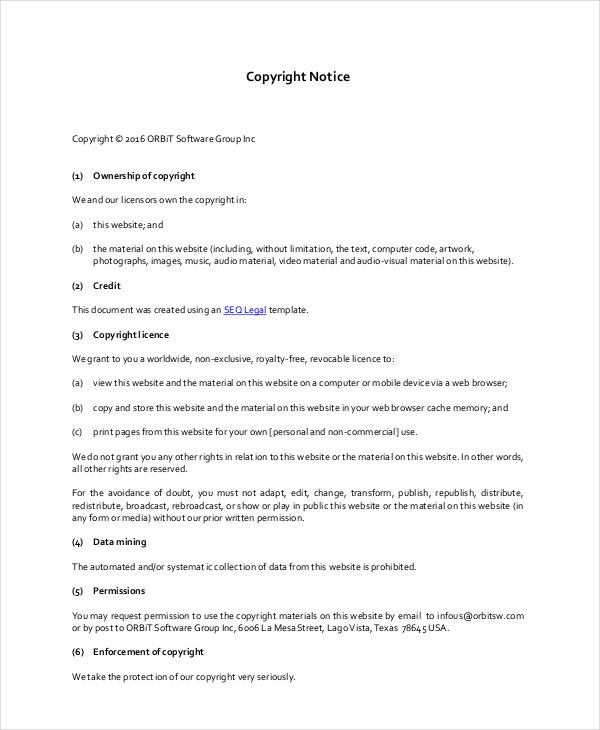Isabel dos Santos: From Africa’s Wealthiest Entrepreneur to Subject of International Financial Investigations
Once renowned as the richest woman on the African continent, Isabel dos Santos now faces intense scrutiny amid a widespread investigation into alleged financial improprieties. As the eldest child of Angola’s former president, José Eduardo dos Santos, she built an extensive business empire spanning telecommunications, banking, and energy sectors. However, her meteoric rise has been clouded by serious accusations involving corruption, money laundering, and misuse of public funds—issues that have drawn global attention and raised critical concerns about governance and transparency in post-colonial Africa. This article delves into Isabel dos Santos’ ascent in business, examines the allegations leveled against her, and considers their broader ramifications for Angola and beyond.
Isabel dos Santos at the Heart of a Global Corruption Inquiry
Once celebrated for her entrepreneurial success across Africa, Isabel dos Santos is currently embroiled in an expansive probe targeting alleged corrupt practices linked to her vast wealth accumulation. As daughter to Angola’s long-serving president José Eduardo dos Santos (who governed from 1979 to 2017), she leveraged political connections to establish stakes in key industries such as telecommunications giants Unitel and banking institutions like Banco BIC.
Investigators from multiple countries are collaborating on this case due to suspicions that public resources were diverted into private offshore accounts under her control. The core allegations include:
- Misappropriation of State Assets: Accusations that contracts were awarded unfairly or inflated prices paid using government funds.
- Opaque Financial Transfers: Movement of large sums through complex offshore structures designed to conceal origins.
- Preferential Business Deals: Partnerships with foreign firms allegedly benefiting from insider arrangements.
These inquiries not only threaten Isabel’s personal fortune but also expose systemic weaknesses within Angolan institutions where political influence often intersects with economic power—highlighting challenges faced by emerging economies striving for accountability.
Economic Footprint: Assessing Dos Santos’ Influence on Angola’s Development
Isabel dos Santos’ commercial ventures have undeniably shaped significant aspects of Angola’s economy over recent decades. Her investments contributed notably across several sectors:
- Employment Opportunities: Her companies created thousands of jobs nationwide—in telecoms alone employing over 10,000 people as per recent estimates—offering vital income sources amid high unemployment rates.
- Attracting Foreign Capital: By forging international partnerships with firms from Portugal and China among others, she helped channel foreign direct investment into Angola’s markets.
- Infrastructure Expansion: Investments particularly in energy generation projects improved electricity access for millions—a critical factor given that only around 60% of Angolans had reliable power supply as recently as 2023.
- Treasury Contributions: Taxes paid by these enterprises provided essential revenue streams supporting public services during periods when oil prices fluctuated dramatically.
Nevertheless, critics argue these benefits are overshadowed by concerns regarding fairness and sustainability. Concentration of wealth within politically connected elites risks deepening inequality; reports suggest that despite economic growth averaging around 3% annually since late-2010s recovery phases post-civil war era (ended in 2002), poverty remains entrenched affecting nearly half the population.
The ongoing investigations complicate this narrative further—raising questions about whether such concentrated capital accumulation truly serves national development or perpetuates entrenched patronage networks.
Advancing Transparency: Lessons Drawn from a High-Profile Scandal
The unfolding case against Isabel dos Santos has reignited urgent calls across Africa for enhanced transparency standards within corporate governance frameworks. The scandal underscores how opaque dealings between political elites and business magnates can undermine investor confidence while eroding public trust.
Civil society organizations advocate reforms including:
- Tougher Anti-Corruption Legislation: Enacting laws mandating strict ethical compliance among influential figures regardless of status or connections.
- Easier Public Access to Corporate Data: Promoting open registries detailing company ownership structures so watchdog groups can monitor suspicious activities effectively.
- Cultivating Good Governance Practices: strong > Encouraging businesses operating on the continent to adopt transparent reporting standards aligned with international norms such as those recommended by the Extractive Industries Transparency Initiative (EITI). li >
ul >With global investors increasingly scrutinizing environmental social governance (ESG) criteria before committing capital—and African economies projected by IMF forecasts in mid-2024 to grow steadily—the push toward openness is both timely and necessary for sustainable progress.
Final Thoughts: What Dos Santos’ Case Reveals About Wealth Dynamics in Africa
As investigations continue worldwide into Isabel dos Santos’ financial affairs—including probes led by Portuguese authorities freezing assets worth hundreds of millions—the saga highlights enduring tensions between affluence derived through political privilege versus meritocratic entrepreneurship across Africa’s evolving markets.
Her story exemplifies broader challenges confronting many nations grappling with legacies where state resources intertwine closely with elite enrichment schemes rather than inclusive growth strategies. The outcome may well set important precedents influencing how governments regulate cross-border financial flows linked to politically exposed persons (PEPs).
Ultimately, while allegations surrounding ‘dirty money’ cast a shadow over one individual’s legacy today—they also illuminate pressing needs for reform aimed at fostering equitable prosperity throughout African societies striving toward transparent governance models fit for modern economies poised on global stages.

